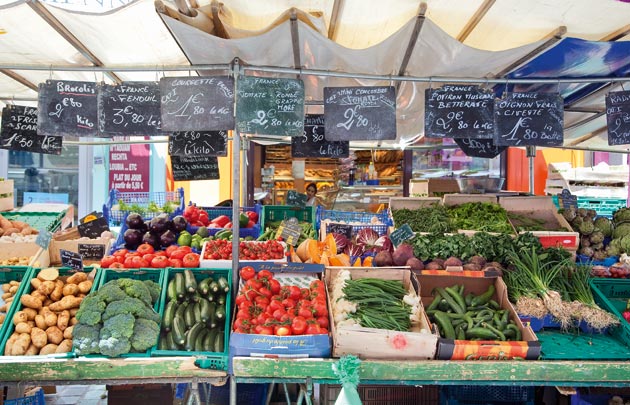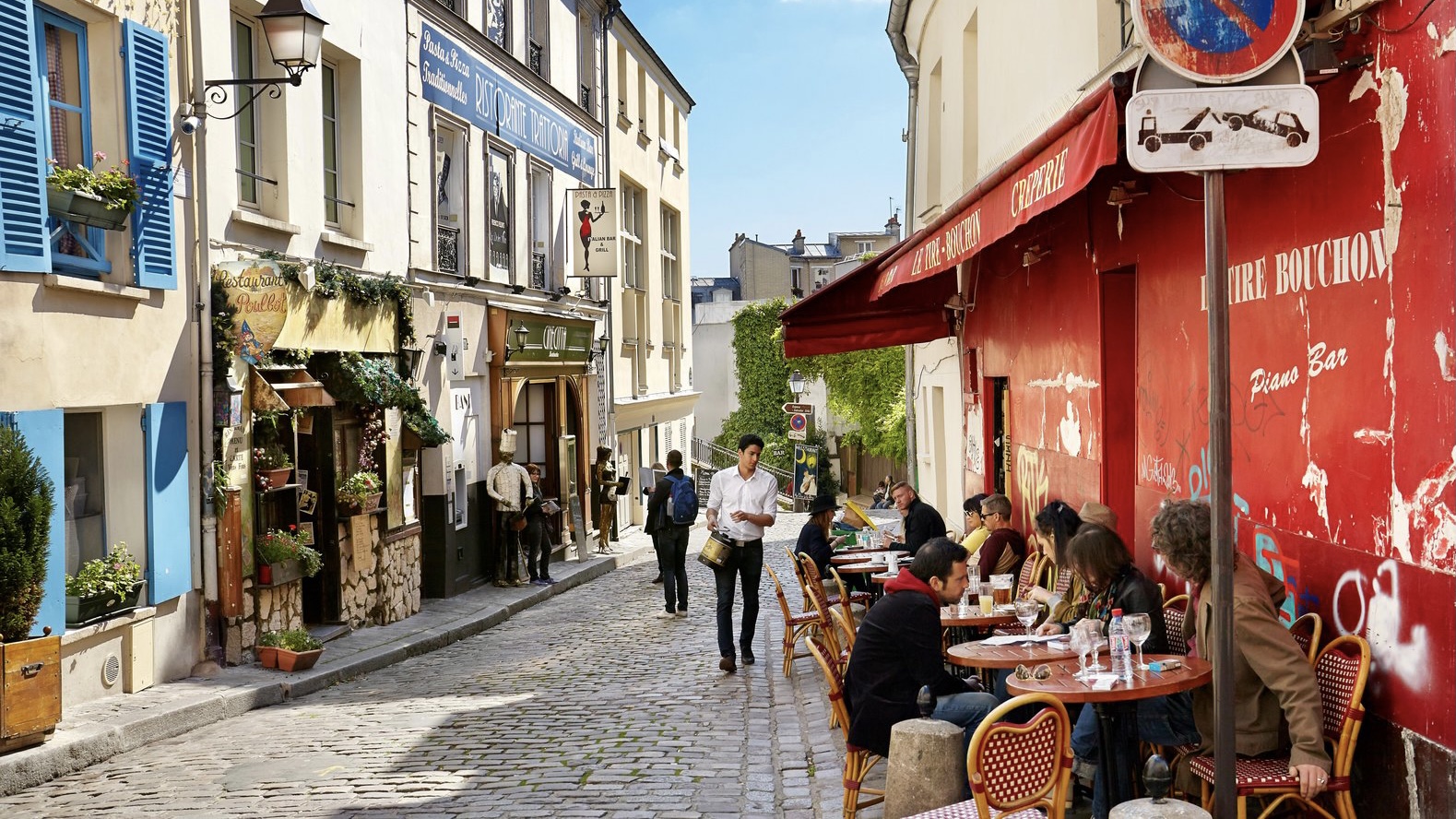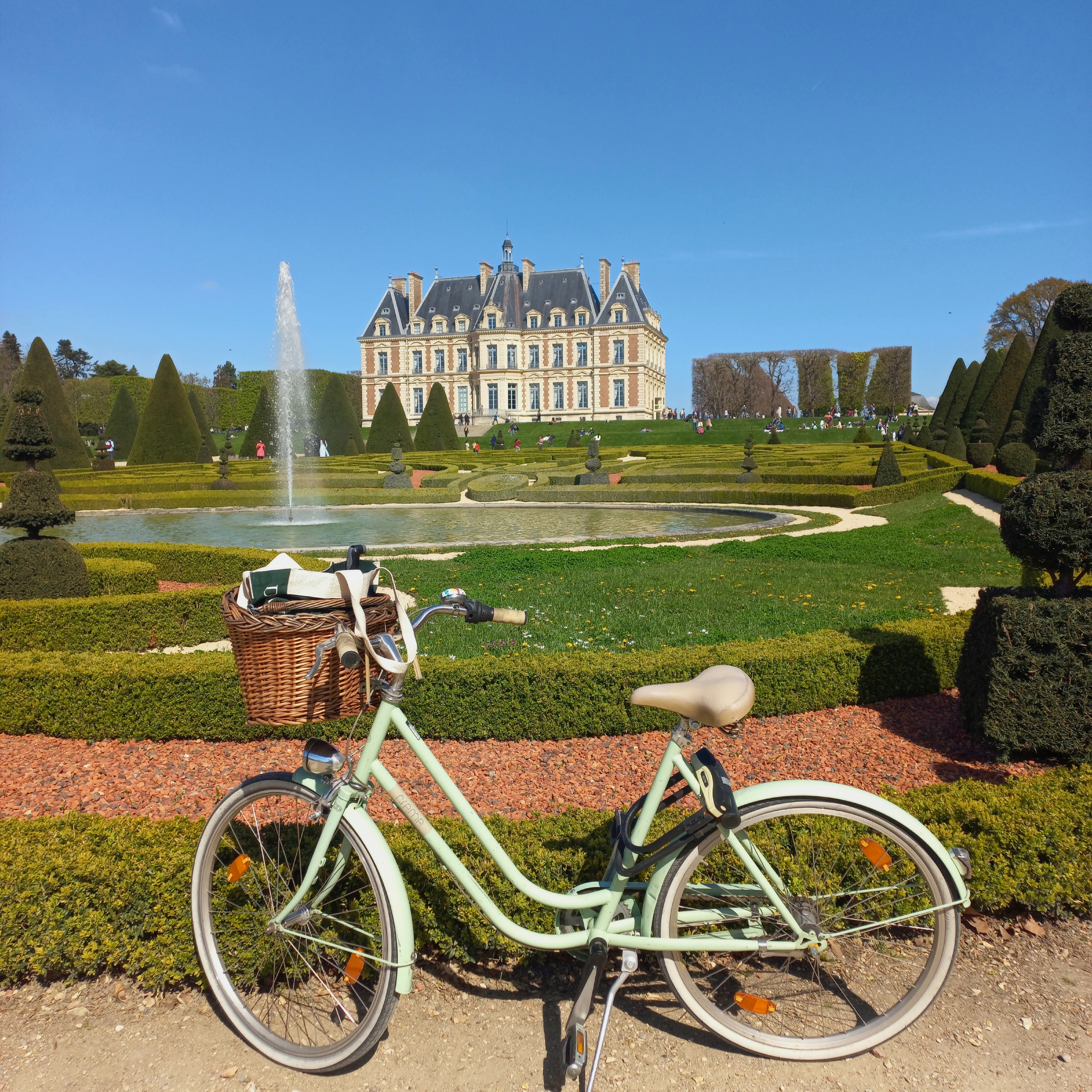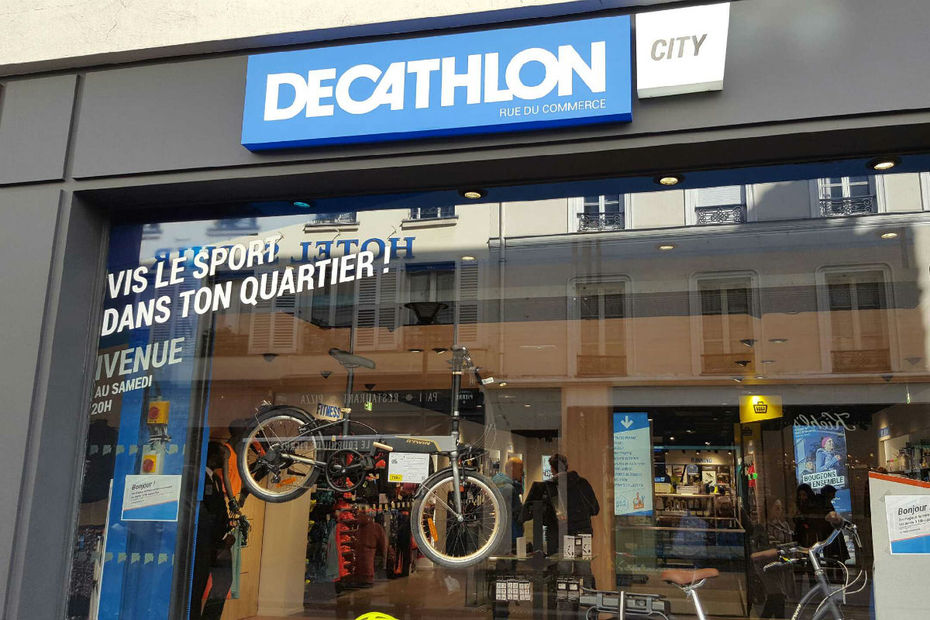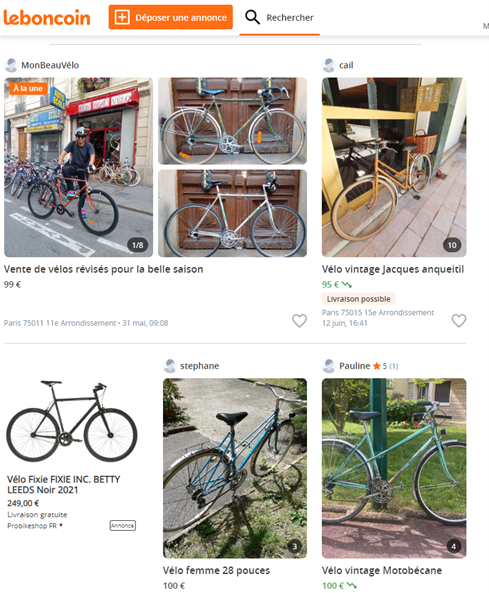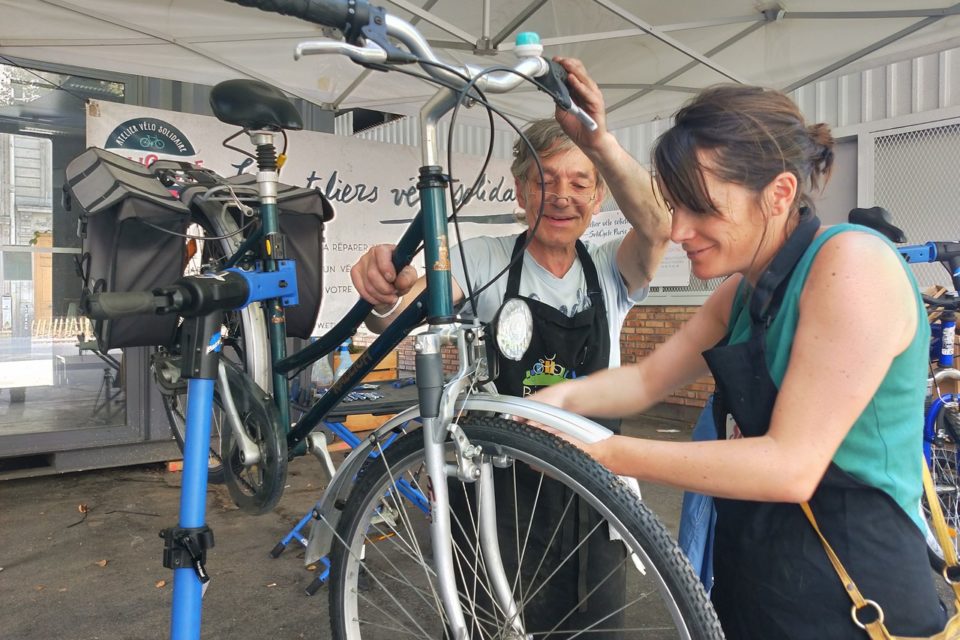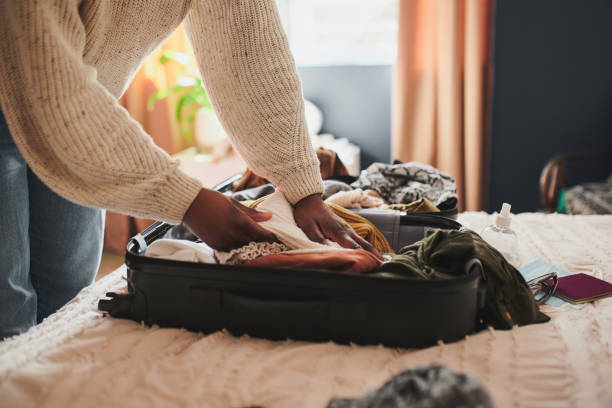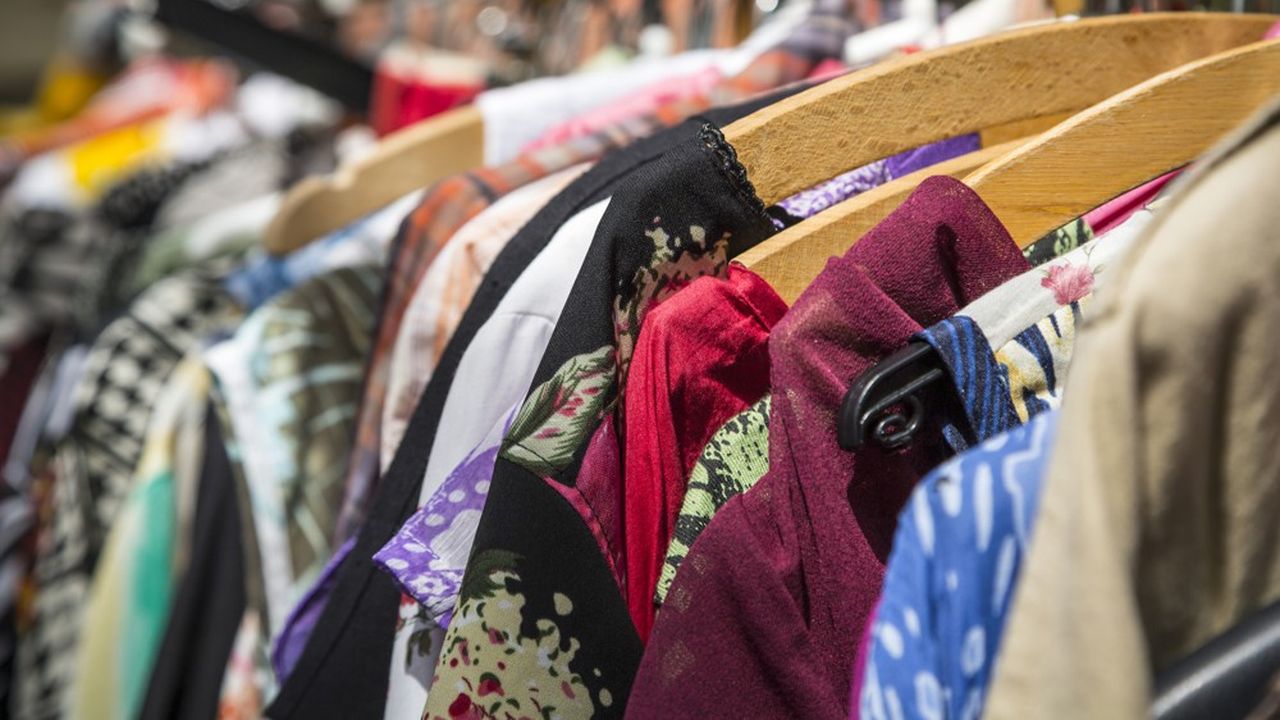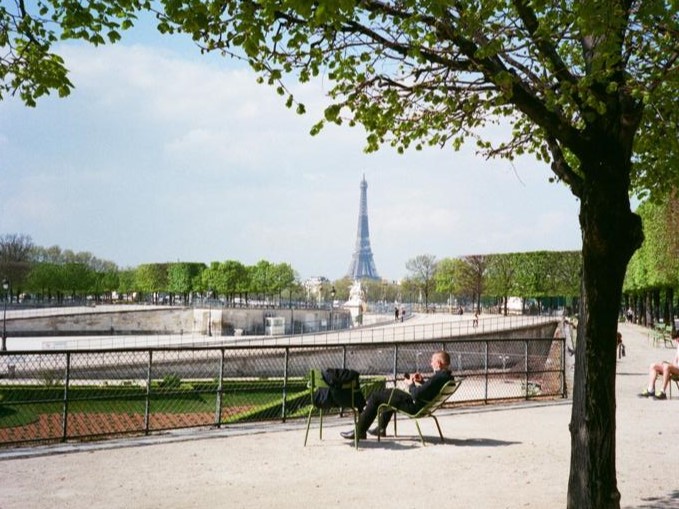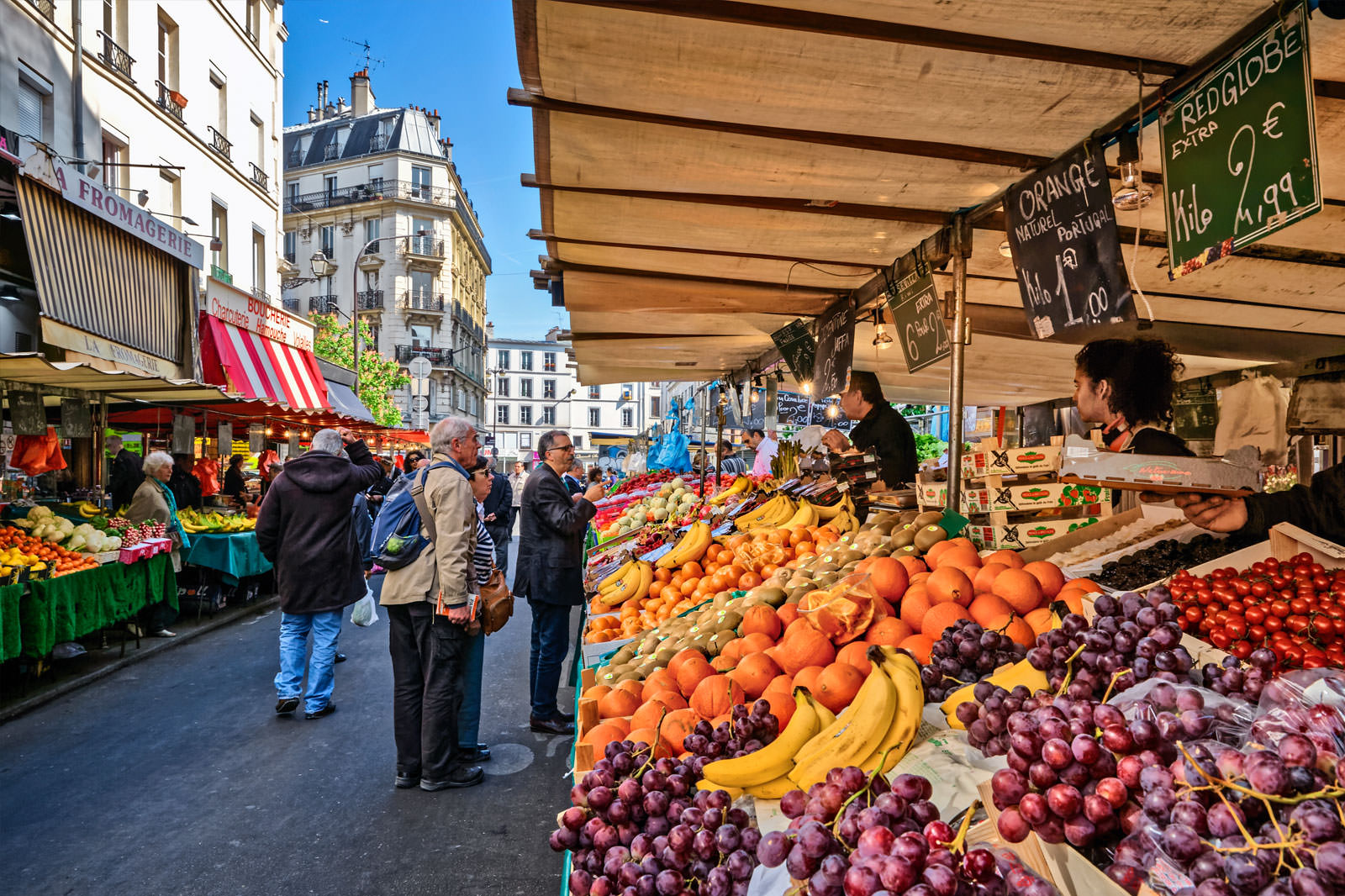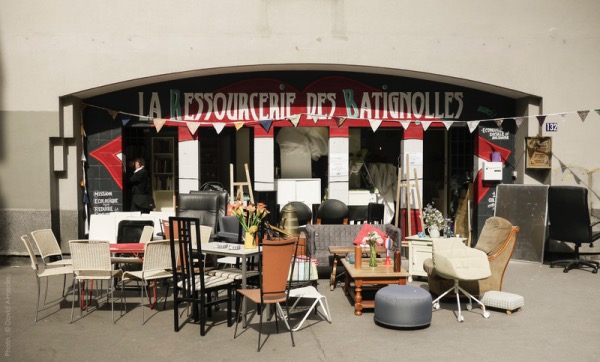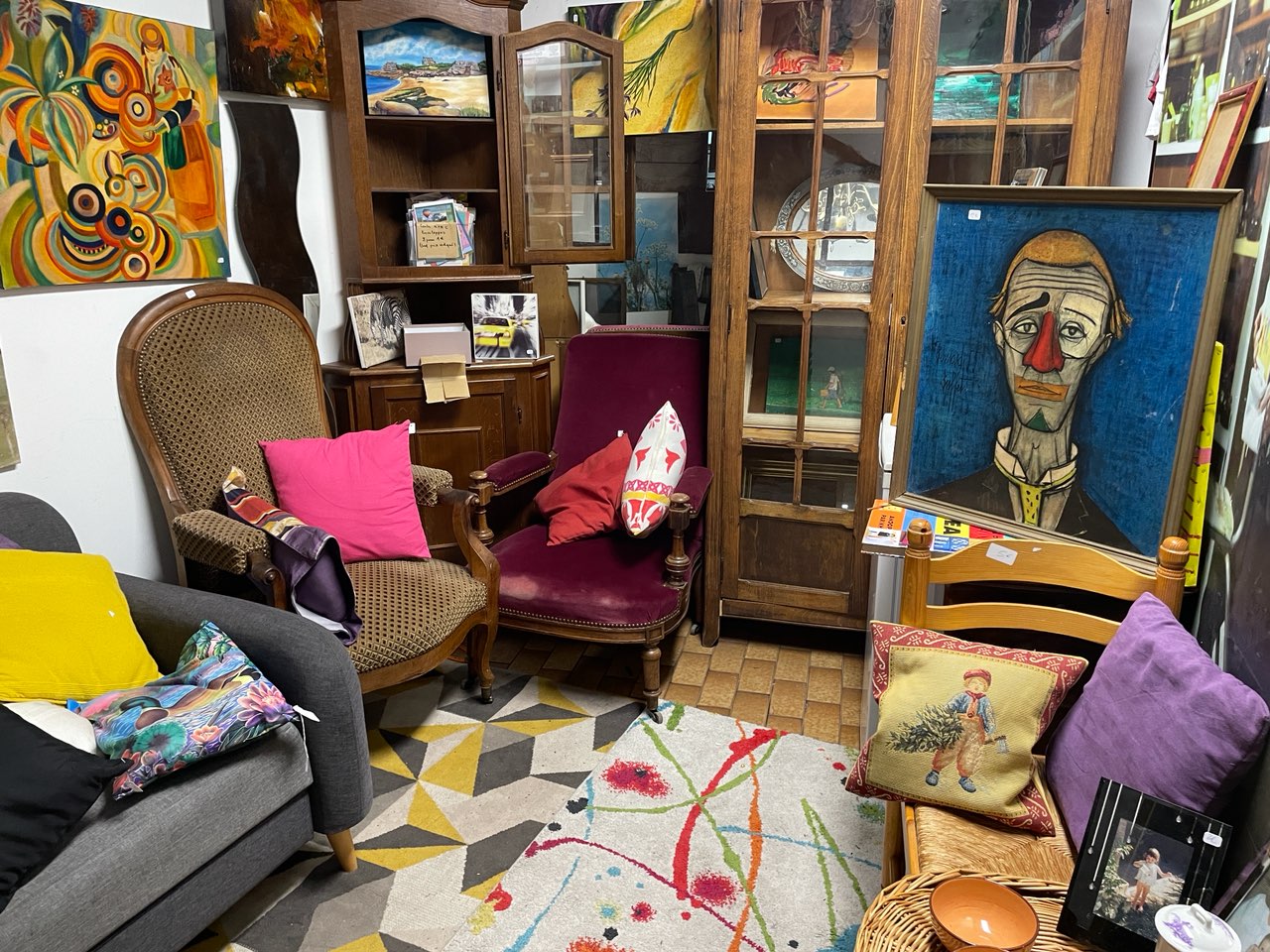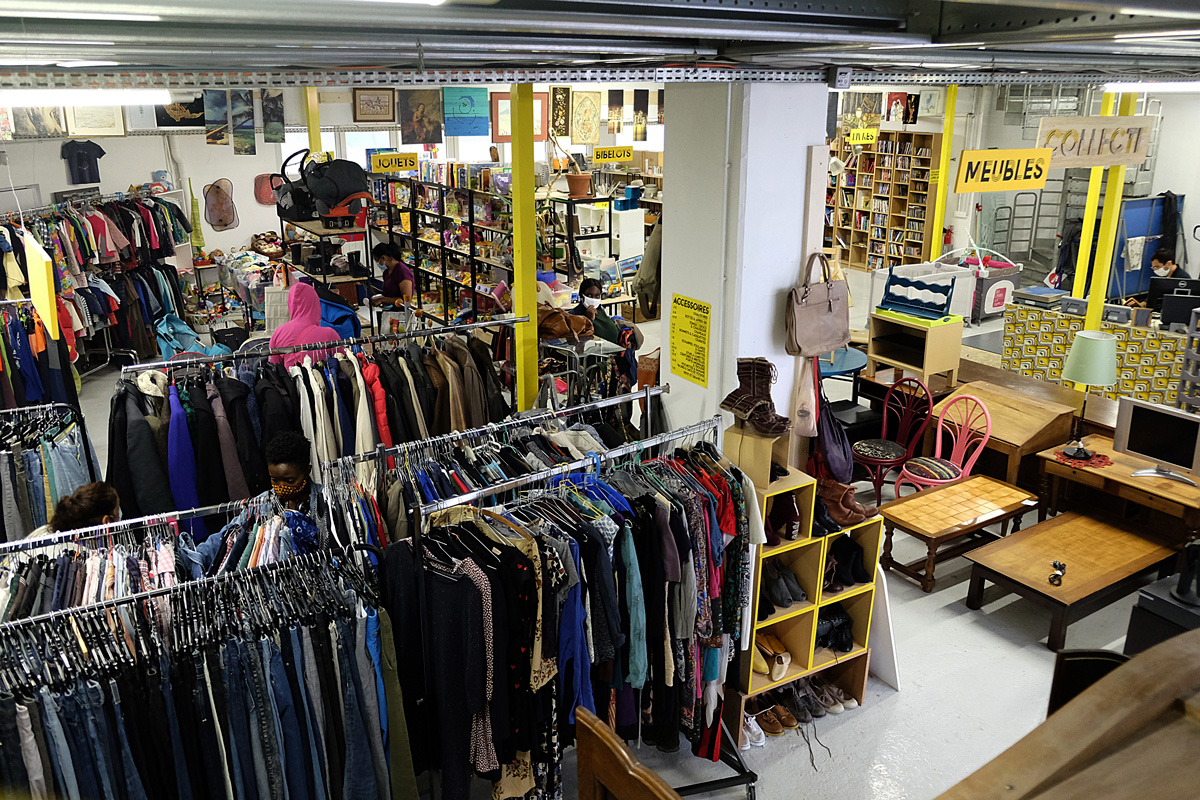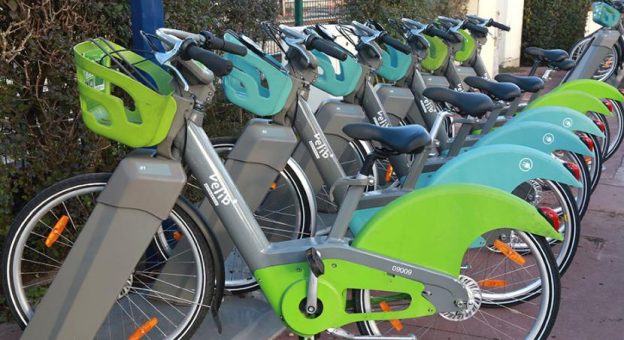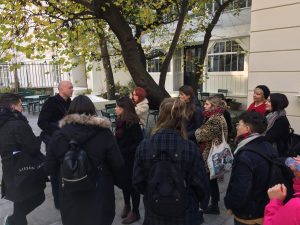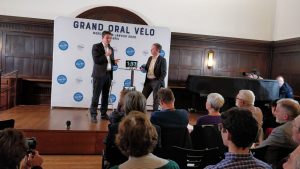Preparing to leave Paris? The Kent Paris office has created a handy checklist of logistical things to consider before hitting the road!
Giving notice on your rental agreement
You should go over your rental agreement and make sure you have fulfilled all obligations stated in it.
In rented accommodation (e.g. through a standard rental contract), you usually need to inform your landlord of your departure at least one month in advance (for furnished flats) and three months in advance for unfurnished flats. This must be done by letter sent registered post (e-mails are not an acceptable way to give notice). The French government provides a handy template here. In rented accommodation, inventory (état des lieux) is done when you move into a flat and when you move out of it. It is at this time that a landlord will assess any damage and then inform you of any charges. An état des lieux must be signed by both parties. If you paid a deposit, ensure that your landlord has your bank details so that your deposit can be returned. Giving notice cannot be done at the last minute, so it is important to know what you have to do and when. A full overview is available here (in French).
Giving notice on other service contracts
You will need to settle or close any accounts that you will no longer need, for example, electricity and gas contracts, internet and phone contracts, housing insurance, gym memberships, and your French bank account. Speak to your bank or service provider to find out what they require you to do. Be mindful that gym memberships in particular typically require advanced (one to two months’) notice.
If you are required to send a letter to close your bank account, the Institut national de la Consommation provides a useful template.
Return borrowed library books
If you have borrowed any library books, return them to avoid having to pay any fines. Settle any fines you have to pay for overdue books.
Donating or recycling articles to eliminate waste
If you find yourself with lots of things you don’t want or can’t take with you when you leave Paris, you can donate or recycle them.
Donating clothes and other household goods
There are a number of ressourceries and charity drop off points throughout the city for items that are in a good state and can be sold on to customers. This map can help you find your nearest donation point. Be sure to check what items are accepted at your chosen drop off point. Ask the Paris office if you are unsure about where or how to drop things off.
Bulkier items such as furniture
The city of Paris has a (free!) service for the collection of bulkier items such as furniture and larger electronics. The process is simple: you indicate which items you would like to get rid of, and choose a collection time. You also choose a collection address, which in most cases will be your address. This is all done online at this website. Once you have registered your request for collection, you will receive a code that you must affix to the items. You then leave your items on the side of the road at the appointed time for collection by the Service des encombrants staff. You are welcome to get in touch with the Paris office if you need help navigating the online system.
Textiles
Clothes and other textiles can be put in one of the textiles collection points across Paris. In most cases, these are large, dark green bins that are found in many locations across the city.
Small appliances that no longer work
Electronics retailers (such as Fnac, Darty, Bricorama) are required by law to have an in-store drop off point for used/broken electronics. If you have a blender that is no longer fit for purpose or a Nespresso machine that has given up the ghost, we recommend taking your small electronics to one of these shops. You are NOT required to have proof of purchase (you could have purchased the broken item from another shop), nor are you required to make a new purchase in store to use the drop-off–simply ask a member of staff if you cannot find the used electronics drop-off point!
Batteries
Batteries contain corrosive materials that can severely damage the environment. For this reason, they must always be recycled and never be thrown in the bin with other waste. Every supermarket in France that sells batteries is required by law to have a drop-off point for used batteries. In most cases, these are small green cardboard stands that sit near shop entrances/exits.
Unsure of how to recycle or get rid of something?
To understand how to recycle other items, the city of Paris has an extensive guide on waste disposal and recycling (in French): https://www.paris.fr/pages/en-2019-paris-vous-facilite-le-tri-6266#tous-les-dechets-se-trient
If you would like advice on how to recycle anything, get in touch with the Kent Paris office for advice (but please do not wait until the last minute!).
Immigration
Do not overstay your allotment of time in France/the Schengen zone. You must leave the country/Schengen zone when your visa expires.
If you came to France benefitting from visa-free travel, you must ensure that you have not spent more than 90 days in France in a 180 day period.
If you are in France on a long-stay visa (visa de long-séjour or VLS), you must ensure that you “validate” it as per instructions provided when you first received your visa. If you did not validate your visa, you run the risk of not being able to re-enter the country in future.
Overstaying can lead to very serious consequences such as being barred from re-entering France/the Schengen zone. It is important to know your legal entitlement and stick to it.
Saying goodbye to Paris (for now!)
Stop by your favourite bakery for one last croissant, visit your favourite watering hole, or prostrate before your favourite work of art – all in anticipation of your next visit back.
Update your contact details in KentVision
Once you have reached your final destination/new place of residence, please update your contact details in KentVision.
Top Image: iStock

